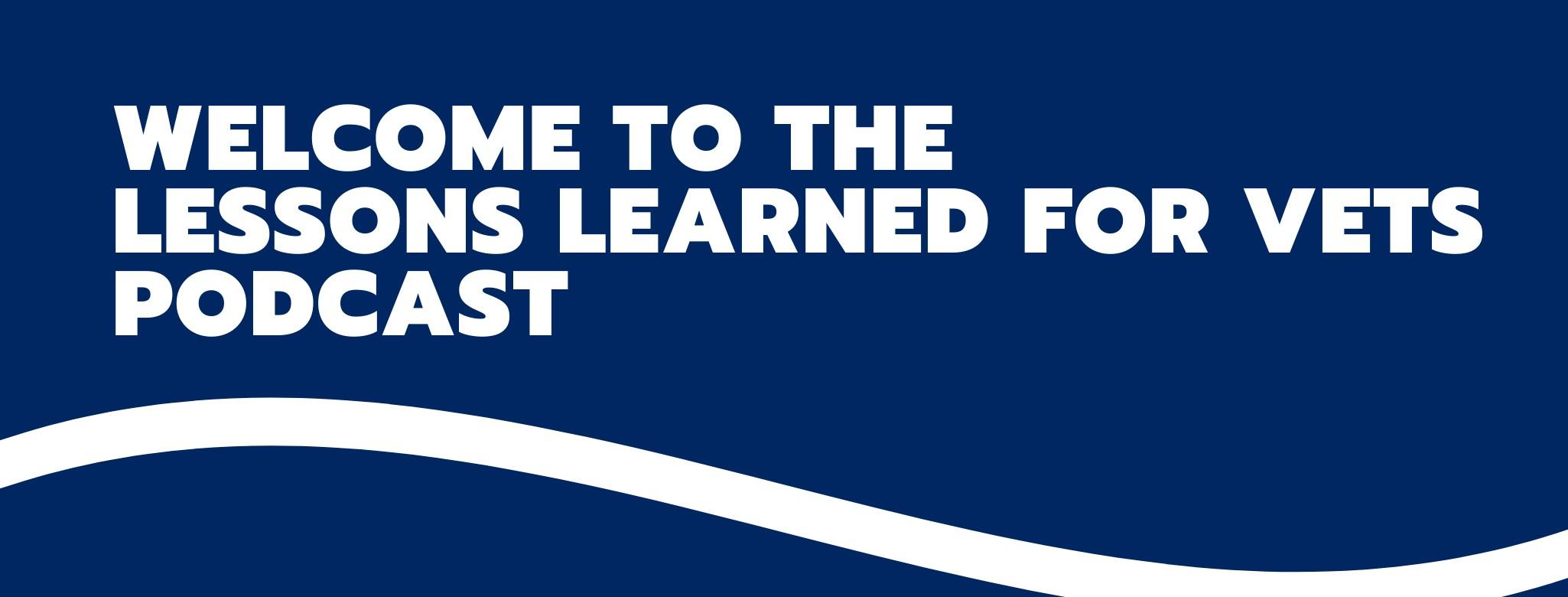
Season 3 Episode 112: Sharing Hard Truths with Keith Cassant
When Keith Cassant retired from the U.S. Army in 2019, his intention was to transition straight into a role in law enforcement. After learning he was physically ineligible, Keith had to find a new focus. Since retiring, Keith has held four different roles. His current position with Cybersecurity Infrastructure Security Agency (CISA) is a great fit, and Keith shares the lessons he learned along the way.
Like many veterans, Keith made the initial mistake of putting all his eggs in one basket. After being denied the opportunity to serve in law enforcement, Keith was faced with an unknown future. Keith leveraged every available resource, including Onward to Opportunity (O2O). Thinking he would pursue his Project Management Professional certification, he changed his mind after hearing an O2O briefing about the field of Human Resources. Realizing that he wanted to be in the “people business,” Keith successfully landed his first role with Fleet and Family Support. Within a year, Keith began a new position with Wells Fargo as a branch manager. Having a desire to work again for the federal government, Keith leveraged his connections and accepted a role with the U.S. Coast Guard. Using his network once again and clearly communicating what types of roles he was interested in, Keith found a job with CISA.
With an extensive employment history in just under 4 years, Keith encourages people to think about the following 5 things when considering a job: Money-Hours-People-Location-Type of Work. From this list of 5, prioritize your top 3 considerations. Initially, Keith assumed that the type of work he pursued wouldn’t be a factor in his overall satisfaction but through his job experiences, he realized it was indeed very important to him.
Another lesson learned is the idea that casting a wide net will yield many options. The truth is, applying to different industries and different roles within those industries decreases your chances of landing a job. Take the sniper’s approach instead; study and focus your target and then take calculated shots. Tailor your resume to each industry and role. It’s okay to have a couple of different focuses but understand that they will need different approaches. Remember companies are hiring for a specific need with a specific role that needs to be filled.
Failure is part of the process. Your first resume may be ineffective at showcasing your skills. You may not advance beyond the application process. That interview you land may not lead to a job offer. Be mentally prepared for rejection and have a resilient mindset. Find healthy outlets to recharge yourself.
Network. 3 out of the 4 jobs that Keith has held began with his network. The veteran community is a large network, so reach out and schedule conversations with your connections. Know that, in some cases, you may need to take a step back to gain knowledge and expertise in a new career field. Remember that your ability to adapt and learn will propel you forward in your next career.
You are not alone in this transition. Leverage every resource that’s available to you. Find at least one mentor. And don’t give up!
Subscribe to our YouTube channel at https://tinyurl.com/llforvets22.
You can connect with Keith on LinkedIn at https://www.linkedin.com/in/keithcassant/
SUBSCRIBE & LEAVE A FIVE-STAR REVIEW and share this to other veterans who might need help as they transition from the military!
Are You Struggling to Write Your Resume?
I created the Veteran Resume Self-inspection Checklist to lessen the resume writing struggle for veterans. This 11-item checklist will educate you in resume best practices while giving veterans a guide to assess their resume and determine if it's ready to send to employers.
Download Your Checklist Here




